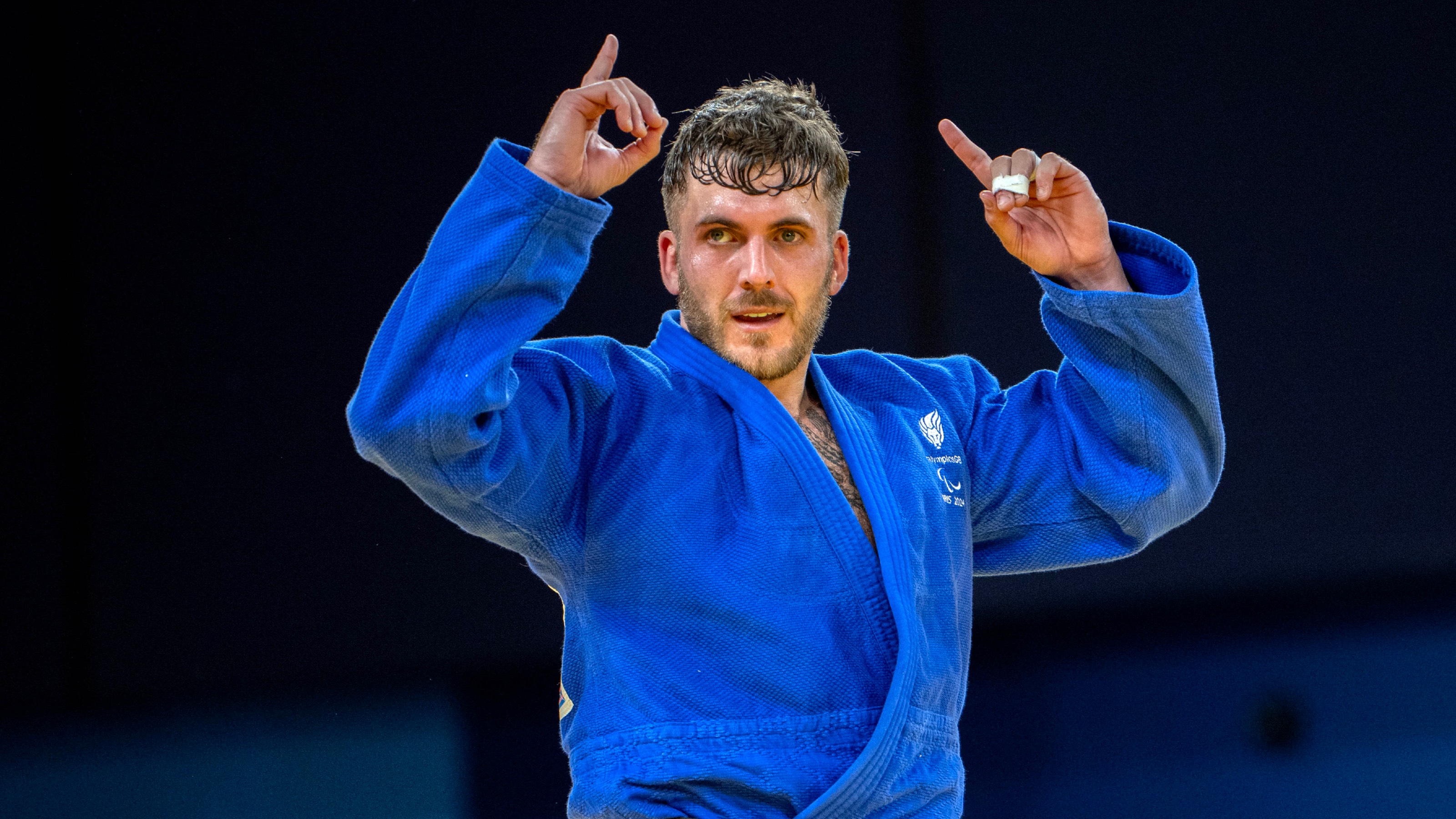Dan Powell has seen it all in his 15-years in judo.
He’s been to three Paralympic Games, spent time off the World Class Programme, been world No.1 and won multiple medals, including Paralympic silver in Paris before being crowned World Champion for the first time earlier this year.
He’s also experienced burnout.
The joy he felt from competing at his first Paralympics in London at the age of 20 was matched only by the disillusionment he felt afterwards as he struggled with the post-Games blues.
If it was a difficult experience, it was also a learning one, which has taught him the value of being open and honest with the team around him.
“As an athlete, I've encountered burnout and it can be really tough,” Dan tells the BEAA.
“I think with the right team around you and the right communication, you can highlight this and find the best way [forward].
“I think one of the things we've got at British Judo, which is great for me personally, is the fact that you can talk to your coaches and you can talk to your performance directors.
“And because I have those open and honest conversations, we know what we need at certain times, knowing when we need to rest or when we need to put our foot on the gas.
“With all those things coming together hopefully it brings the best results, which for me even this late in my career, it clearly is.”
Being an elite athlete can be a 24/7, 365 days a year pursuit.
It is, as Dan says, more than a career. It becomes part of your lifestyle and, while such laser sharp focus can be a catalyst for success, Dan is also a big believer in the value of hitting pause.
The 34-year-old dealt with his own experience of burnout by stepping back from the World Class Programme, choosing to miss the Rio Olympics and even having a spell competing in athletics.
More recently, he took an extended break after Paris which he felt paved the way for his World Championship success in May. His advice for his fellow elite athletes, and particularly those who may feel close to burnout, is don’t be afraid to take a step back.
“I think mentally at times as an athlete, it's really good to be able to take stock on where you're at and sometimes that can only be done when you zoom out a little bit,” he adds.
“Coming away from Paris, I took time away from judo until January. Within those three months, the one thing that didn't stop was my mind thinking about judo.
“When I began competing again in February, I couldn't wait to get going because I'd built up that hunger to want to come and achieve.
“At the first international of the year in Germany, it turned out I was doing judo and techniques that I’d never done before, but you’d think I’d done them a million times because they had just been on repeat in my head for six months and I was eager to get back on the mat.
“Being an athlete can be monotonous at times. You get up, you train, you go to the gym, you go to bed. It can feel very eat, sleep, train repeat.
“I do think there's so much value in being able to take stock, take a rest and go back for more.”
The BEAA provides confidential, expert and independent support to elite athletes on a range of issues. Our Athlete Support Team are ready to help you throughout your time on the World Class Programme and beyond, so please reach out to find out how we can support you.
